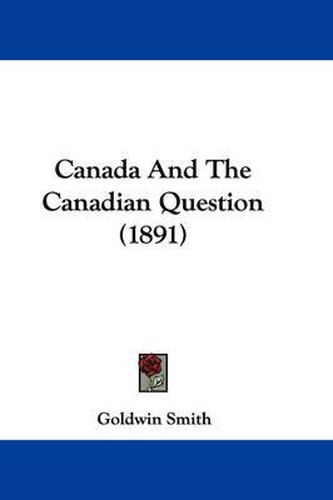Readings Newsletter
Become a Readings Member to make your shopping experience even easier.
Sign in or sign up for free!
You’re not far away from qualifying for FREE standard shipping within Australia
You’ve qualified for FREE standard shipping within Australia
The cart is loading…






Purchase of this book includes free trial access to www.million-books.com where you can read more than a million books for free. This is an OCR edition with typos. Excerpt from book: CHAPTER IV FEENCH CANADA BEFORE THE CONQUEST1 Jacques Caetier, though venerated as the founder of the Trench Colony, was only the discoverer of the St. Lawrence (1535). He made trial of the climate by wintering at Quebec, where he lost many of his crew by cold, hunger, and scurvy, and he opened relations with the Indians in a rather sinister way by kidnapping a chief with three of his tribe. But he formed no permanent settlement: Eoberval, his contemporary and successor in the enterprise, totally failed. The real founder of Canada did not appear on the scene until seventy years after. This was Samuel de Champlain (1603-35), one of that striking group of characters to which the sixteenth century gave birth, and which combined the force, hardihood, and romance of feudalism with the larger views and higher objects of the Eeformation era. The man would have been a crusader in the thirteenth century who in the sixteenth was a maritime adventurer and the founder of a colony. Champlain, though it does not appear that he ever was of the Eeformed faith, and though he ultimately becameconnected with the Jesuits, had fought for Henry IV, and must therefore have belonged to the more liberal and patriotic party of Eoman Catholics. At this time there was beginning to be an exodus of Huguenots to New France, like that of the persecuted Puritans to New England, which came a few years afterwards. Henry IV seems to have encouraged the movement, seeing perhaps how the tide was running in France and guessing what was in store, when his protection should have been withdrawn, for the party to which he had belonged. Had New France been colonised by Huguenots, bringing with them the energy, the industry, the intelligence, and the love of freedom which marked them in their own country, New England w…
$9.00 standard shipping within Australia
FREE standard shipping within Australia for orders over $100.00
Express & International shipping calculated at checkout
Purchase of this book includes free trial access to www.million-books.com where you can read more than a million books for free. This is an OCR edition with typos. Excerpt from book: CHAPTER IV FEENCH CANADA BEFORE THE CONQUEST1 Jacques Caetier, though venerated as the founder of the Trench Colony, was only the discoverer of the St. Lawrence (1535). He made trial of the climate by wintering at Quebec, where he lost many of his crew by cold, hunger, and scurvy, and he opened relations with the Indians in a rather sinister way by kidnapping a chief with three of his tribe. But he formed no permanent settlement: Eoberval, his contemporary and successor in the enterprise, totally failed. The real founder of Canada did not appear on the scene until seventy years after. This was Samuel de Champlain (1603-35), one of that striking group of characters to which the sixteenth century gave birth, and which combined the force, hardihood, and romance of feudalism with the larger views and higher objects of the Eeformation era. The man would have been a crusader in the thirteenth century who in the sixteenth was a maritime adventurer and the founder of a colony. Champlain, though it does not appear that he ever was of the Eeformed faith, and though he ultimately becameconnected with the Jesuits, had fought for Henry IV, and must therefore have belonged to the more liberal and patriotic party of Eoman Catholics. At this time there was beginning to be an exodus of Huguenots to New France, like that of the persecuted Puritans to New England, which came a few years afterwards. Henry IV seems to have encouraged the movement, seeing perhaps how the tide was running in France and guessing what was in store, when his protection should have been withdrawn, for the party to which he had belonged. Had New France been colonised by Huguenots, bringing with them the energy, the industry, the intelligence, and the love of freedom which marked them in their own country, New England w…